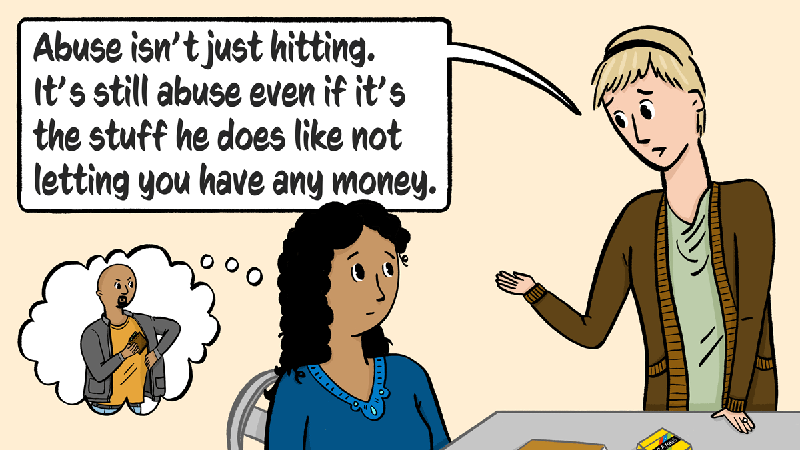
Family Violence And Parenting Time is a hot button issue with lawyers and psychologists right now. Our highly rated lawyers are often asked about the impact of one family violence incident on parenting time. Is family violence involving children and parents fatal to ever spending quality time with your children? Should it be treated lightly knowing there are two sides to the story of a single incident between spouses? The answer is as usual in family law cases: It depends. The level of violence and the remorse of the person committing it and their focus on never letting it happen again is critical. Parents who commit family violence and who remain oblivious should expect no sympathy. Our skilled Vancouver family lawyers handle both sides of these difficult cases. Chris Park provides insight for families in distress.
Vancouver Family Violence And Parenting Time 604 602 9000
Numerous family legal proceedings involve the issue of parenting time, where the parents are at odds as to what parenting time schedule is in the best interests of the children. Our Vancouver family lawyers know that in making any decision regarding the children, s. 16(1) and (2) Divorce Act requires the Court consider the best interests of the children and give primary consideration the child’s physical, emotional and psychological safety, security and well-being. According to s. 37(1) of the BC Family Law Act, in making an agreement or order under this Part respecting guardianship, parenting arrangements or contact with a child, the parties and the court must consider the best interests of the child only.
Surrey Family Violence And Parenting Time
Vancouver family lawyers know one of the major factors in determining what is in the best interests of the children is the presence of family violence. As per s. 37(2) of the BC Family Law Act, in determining the best interests of the child, the Court is required to consider all of the child’s needs and circumstances, including (g) the impact of any family violence on the child’s safety, security or well-being, whether the family violence is directed toward the child or another family member; and (h) whether the actions of a person responsible for family violence indicate that the person may be impaired in his or her ability to care for the child and meet the child’s needs.
Best Vancouver Family Lawyers Strategies To Reduce Family Violence 604 602 9000

So how do these factors play out in deciding a parent’s parenting time with a child? Can a single instance of family violence affect the abuser’s ability to care for the child and meet the child’s needs and result in reduced or supervised parenting time? A new Supreme Court of Canada decision in Barendregt v. Grebliunas, 2022 SCC 22 (“Barendregt”) provides insight on what a Court may decide.
Barendregt involved a mother’s application to relocate the children from their father’s residence to her residence. The mother and father had a bitter breakup, which involved a possible assault by the father. The trial judge stated that their marriage involved some degree of emotional abuse, and that the mother had been emotionally traumatized. The father’s conduct at trial was also problematic, as he had brought forward as evidence a nude selfie of the mother, which the trial judge said for no reason other than to humiliate her. In granting the children’s relocation to their mother’s residence, the Supreme Court of Canada had the following comments on the impact of family violence on the abuser’s parenting ability:
[143] The suggestion that domestic abuse or family violence has no impact on the children and has nothing to do with the perpetrator’s parenting ability is untenable. Research indicates that children who are exposed to family violence are at risk of emotional and behavioural problems throughout their lives: Department of Justice, Risk Factors for Children in Situations of Family Violence in the Context of Separation and Divorce (February 2014), at p. 12. Harm can result from direct or indirect exposure to domestic conflicts, for example, by observing the incident, experiencing its aftermath, or hearing about it: S. Artz et al., “A Comprehensive Review of the Literature on the Impact of Exposure to Intimate Partner Violence for Children and Youth” (2014), 5 I.J.C.Y.F.S. 493, at p. 497.
[144] Domestic violence allegations are notoriously difficult to prove: P. G. Jaffe, C. V. Crooks and N. Bala, “A Framework for Addressing Allegations of Domestic Violence in Child Custody Disputes” (2009), 6 J. Child Custody 169, at p. 175; A. M. Bailey, “Prioritizing Child Safety as the Prime Best-Interest Factor” (2013), 47 Fam. L.Q. 35, at pp. 44-45. As the interveners West Coast LEAF Association and Rise Women’s Legal Centre point out, family violence often takes place behind closed doors and may lack corroborating evidence: see S. B. Boyd and R. Lindy, “Violence Against Women and the B.C. Family Law Act: Early Jurisprudence” (2016), 35 C.F.L.Q. 101, at p. 115. Thus, proof of even one incident may raise safety concerns for the victim or may overlap with and enhance the significance of other factors, such as the need for limited contact or support.
(emphasis added)

In short, the Court emphasized the ill-effects of domestic abuse or family violence on the children, and pointed out how difficult it is to prove domestic violence. Combining those factors led the court to conclude that proof of even one incident may lead to a need for limited parenting time. The court in Barendregt granted the children’s relocation to the mother’s home, stating that the mother was more capable of facilitating a positive relationship between the children and the father.
What Is The Takeaway? 604 602 9000
Of course, this does not mean a history of family violence is the prime overriding factor in determining the best interests of the children or a suitable parenting time schedule; there are many factors, as set out in s. 37(2) of the BC Family Law Act. However, in Barendregt the Supreme Court of Canada reminded that even one instance of family violence can lead the court to believe the perpetrator has a diminished parenting capability, that “Courts must consider family violence and its impact on the ability and willingness of any person who engaged in the family violence to care for and meet the needs of the child.” (Barendregt at para. 146)
Chris Park








